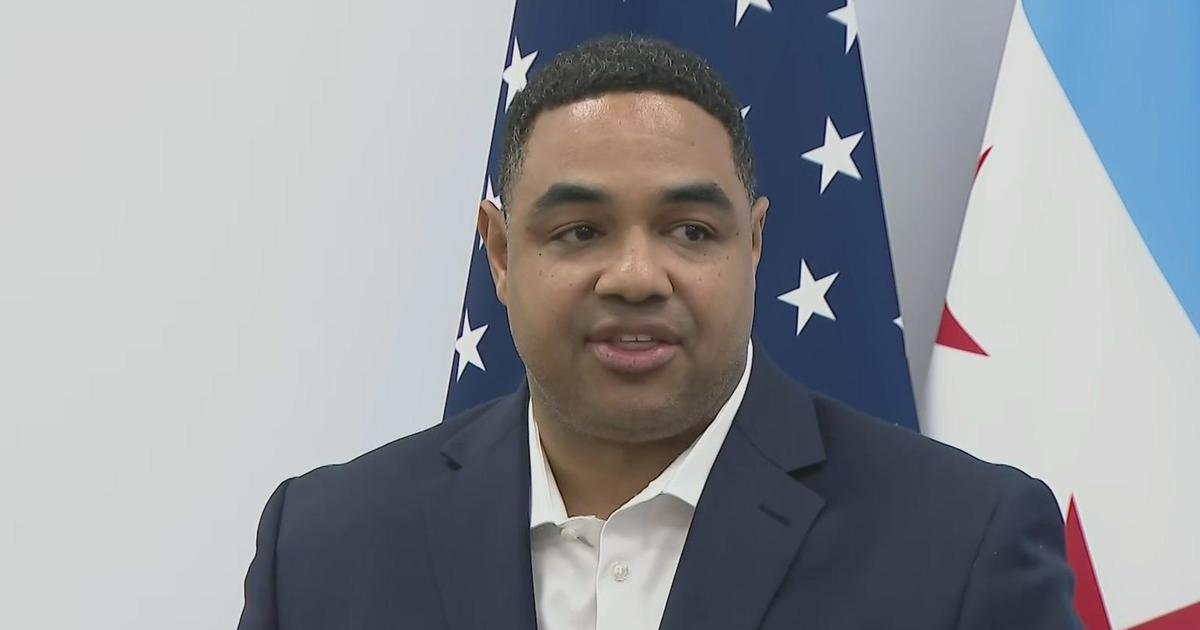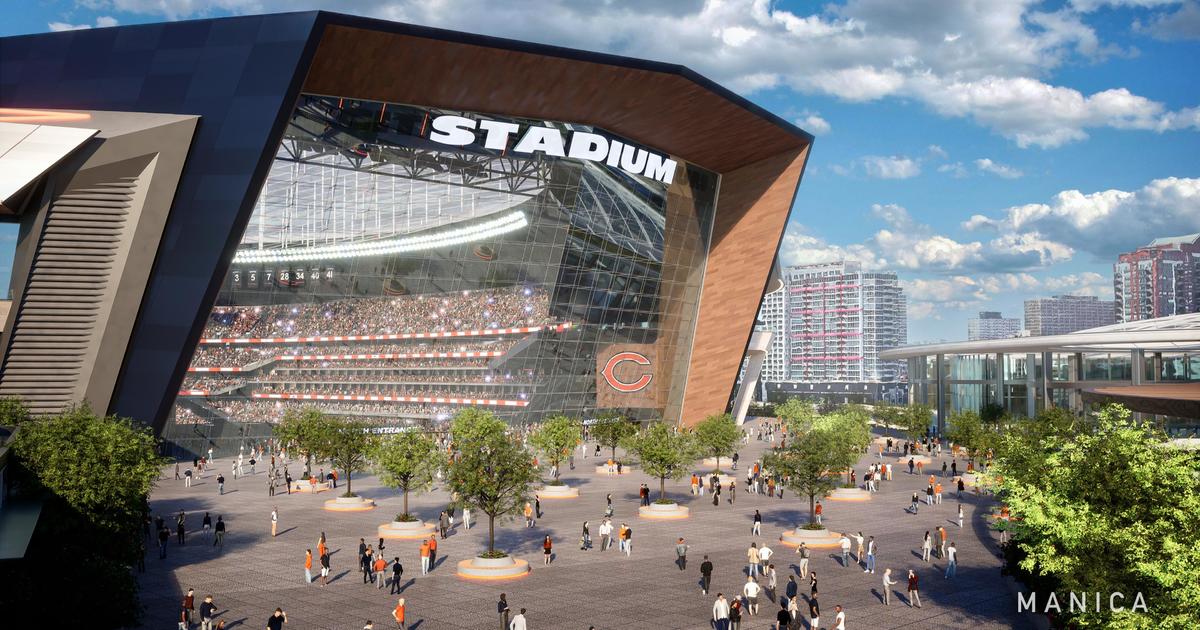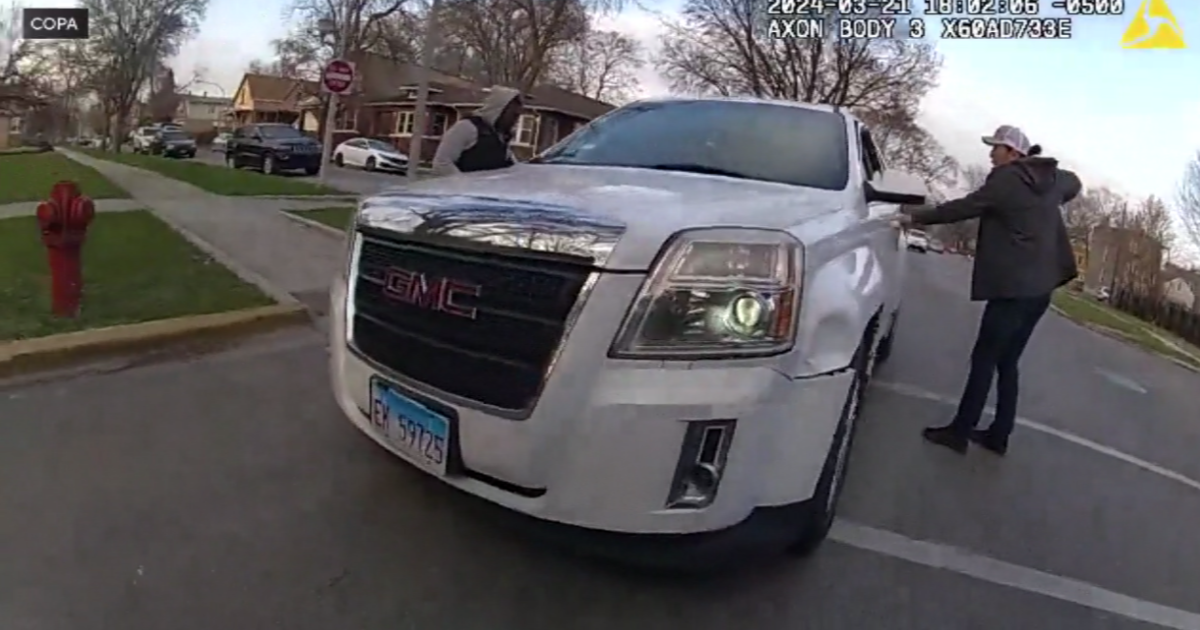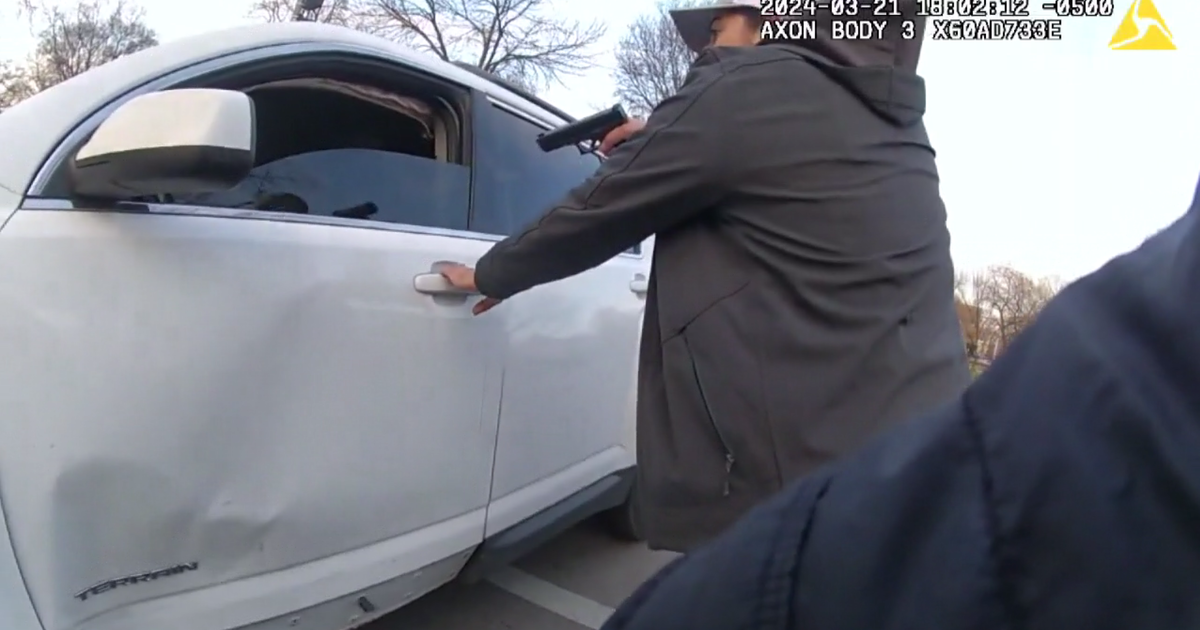Illinois Surpasses 17,000 COVID-19 Deaths; Pritzker Outlines Plan For Next Phase Of Vaccine Distribution
CHICAGO (CBS) -- Illinois will make COVID-19 vaccines available to seniors 65 and older during the next phase of its distribution plan, in no small part because Black and Hispanic patients are dying at younger ages than white patients, Gov. JB Pritzker said Wednesday.
The governor said Phase 1B of the state's immunization plan will begin as soon as Phase 1A is substantially complete. During this first phase of vaccine distribution, inoculations are being made available to frontline healthcare workers and long-term facility residents and staff.
A CDC panel has recommended that in Phase 1B, the vaccine be made available to seniors 75 and older, along with essential non-healthcare workers such as teachers, first responders, grocery store workers and others. Pritzker said Illinois is lowering the minimum age for seniors in Phase 1B to 65, because of the toll the pandemic has taken on Black and Latinx communities.
Pritzker noted the average age of death from COVID-19 is much lower for Black and Latinx patients than for Whites.
"While the average white person in Illinois who died from COVID-19 passed away at age 81, the average age of COVID-related death for Black Illinoisans is 72, and it's 68 for Hispanic Illinoisans," Pritzker said. "For people of color, multi-generational institutional racism in the provision of healthcare has reduced access to care, caused higher rates of environmental and social risk, and increased co-morbidities. I believe our exit plan for this pandemic must, on balance, overcome structural inequalities that has allowed COVID-19 to rage through our most vulnerable communities."
The governor's announcement of the next phase of vaccine distribution comes as the Illinois Department of Public Health reported 7,569 new confirmed and probable cases COVID-19 statewide, including 139 additional deaths.
Since the start of the pandemic, Illinois has reported a total of 999,288 coronavirus cases, including 17,096 deaths.
As of Wednesday, the statewide seven-day average case positivity rate stands at 8.4%, a slight drop from Monday's average of 8.5%. Before slight declines in recent days, the state's positivity rate had been climbing steadily since Dec. 26, when it was at 6.8%.
Asked if Illinois is starting to see a post-holiday surge in COVID-19 cases, Pritzker said "It is very hard to tell" at this point, given that hospitalizations are still down significantly from mid-November, but positivity rates went up for several days in late December and early January.
"I don't think it is moving in the wrong direction," Pritzker said. "We don't know is the truth."
Illinois Department of Public Health Director Dr. Ngozi Ezike also warned that, although a more contagious strain of the virus from the United Kingdom has yet to be identified in Illinois, it has turned up in several other states, and most likely is already here.
"That means that we need to double down on the efforts that we're already supposed to be employing. So if we've been lax, and said 'I'm not so much of a fan for my mask. In 2021, I want to do things differently,' that's not the right move," she said. "We need to be more vigilant, because potentially it takes fewer particles of this virus to cause infection and illness. So that means you don't want to have even a moment extra without our masks."
So far, Pritzker said a total of 344,525 doses of the Pfizer and Moderna vaccines have been delivered to Illinois outside of Chicago. As of Wednesday, a total of 207,106 vaccine doses have been administered statewide, including the first round of second doses that started this week.
Pritzker said he had hoped to see an increase in the number of vaccines delivered to Illinois after announcing last month that distribution from the federal government had been cut in half from original estimates.
However, Pritzker said he's confident that will change after President-elect Joe Biden is sworn in later this month.
"The good news is that the incoming Biden administration has pledged to invoke the Defense Production Act, so that we expect the vaccine production will grow significantly over the coming month," Pritzker said.
The governor said, as the state prepares for the next phase of distribution – which will include approximately 3.2 million Illinois residents – the Illinois National Guard will be assisting in the development of mass vaccination sites, and the state will be increasing the number of providers enrolled in the state's vaccination database to support widespread availability when the time comes.
Pritzker said the National Guard will help staff arenas across the state to serve as mass vaccine distribution sites.
Meantime, the Illinois Department of Public Health has filed an emergency rule extending the statewide mask mandate for an additional 150 days, through June. The state's original mask order expired on Sunday, but the new order is in effect through June 2. The order requires anyone in Illinois over age 2, who is medically able to tolerate a face covering, to wear a mask over their nose and mouth whenever in public and unable to stay at least six feet away from other people.
Pritzker also announced that, starting Jan. 15, any region of Illinois that has met the metrics to roll back COVID-19 mitigations will be allowed to move from Tier 3 to Tier 2 of the state's virus restrictions. While that would not allow for bars and restaurants to resume indoor service, it would ease capacity limits at retail stores, and allow theaters, gyms, museums, and several other businesses that have been forced to close since late November to reopen.
Also From CBS Chicago:
- Car Has Been Abandoned On East 69th Street For More Than A Year As 311 Complaint Was Closed, But Never Completed
- People Wait Several Hours To Enter Chicago DMV Facility
- Despite Mayor Lori Lightfoot's Claims, The Chicago Police Department Isn't Tracking Wrong Raids Like The One On Anjanette Young's Home



